Last month, the US Supreme Court reached a landmark decision to allow governments to penalize their homeless population for sleeping outside and setting up camps in public spaces.
Now, a flurry of actions is being enacted to sweep up these camps in several different states including California, Washington, and Iowa.
Gavin Newsom

This week, California Governor Gavin Newsom issued an executive order with the purpose of encouraging cities in the state to start sweeping up any homeless camps deemed dangerous.
People living in these camps were to be given only a 48-hour notice before they had to move.
Executive Order
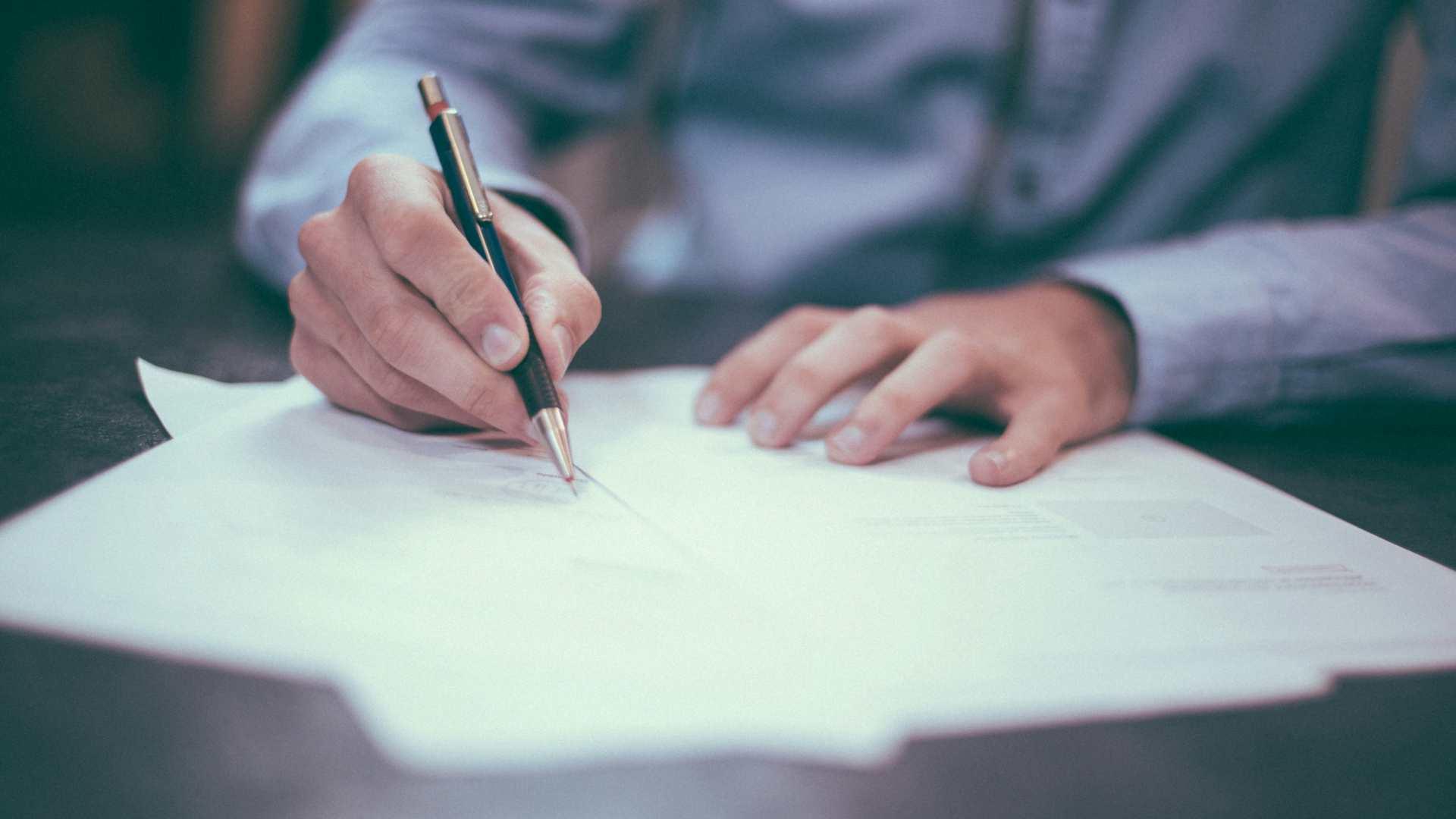
In a statement describing the executive order, Newsom expressed the urgency in removing the camps needs to be balanced with supporting and assisting homeless residents.
“This executive order directs state agencies to move urgently to address dangerous encampments while supporting and assisting the individuals living in them — and provides guidance for cities and counties to do the same,” Newsom said in a statement. “There are simply no more excuses. It’s time for everyone to do their part.”
Citing Recent Decision
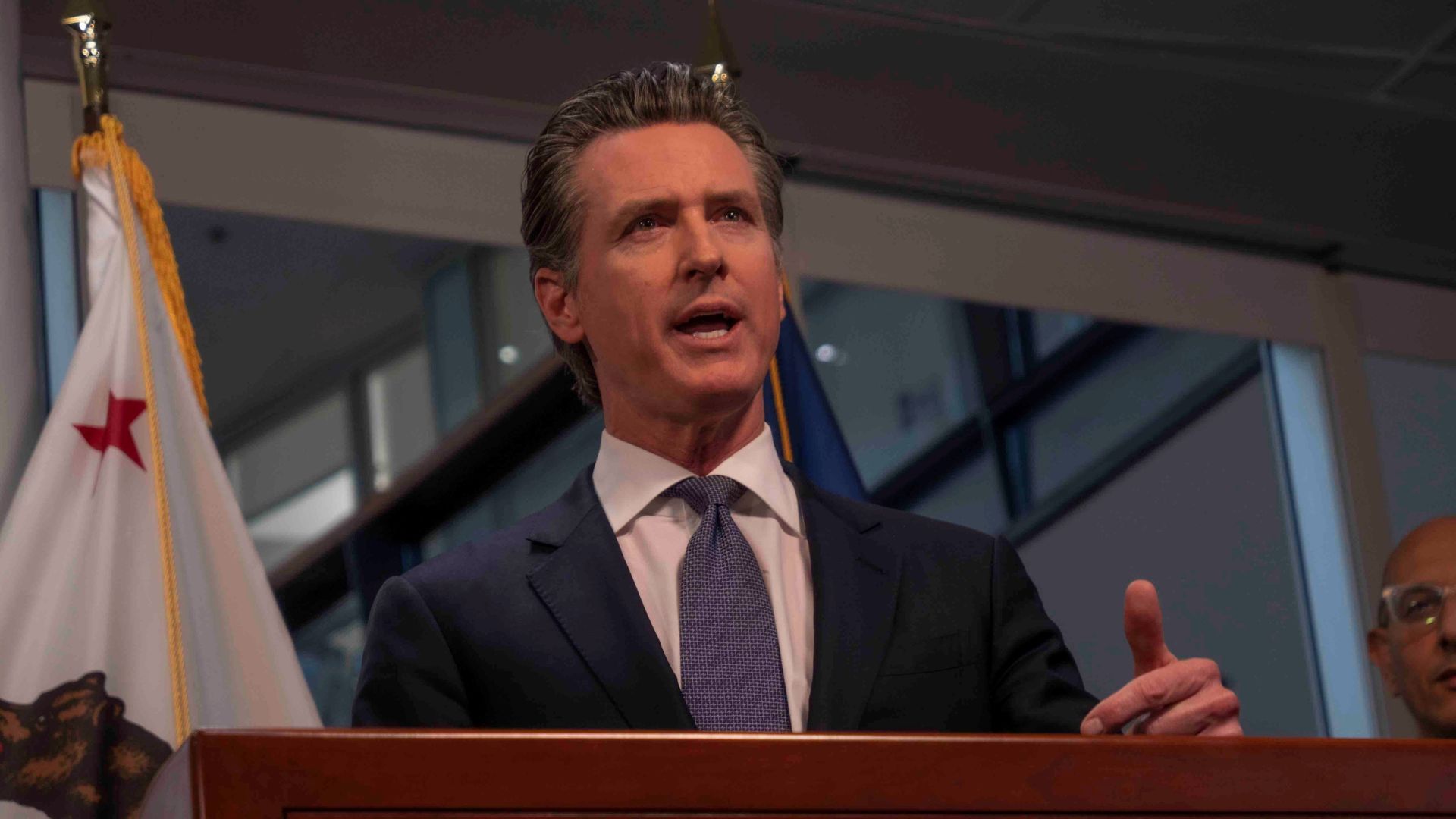
Newsom’s statement cited the recent Supreme Court decision as the impetus for this new order, saying governments now have the tools they need to address homeless camps.
“With the recent U.S. Supreme Court decision in Grants Pass v Johnson, local governments now have the tools and authority to address dangerous encampments and help provide those residing in encampments with the resources they need,” said the statement from the state governor’s office.
Supreme Court Decision
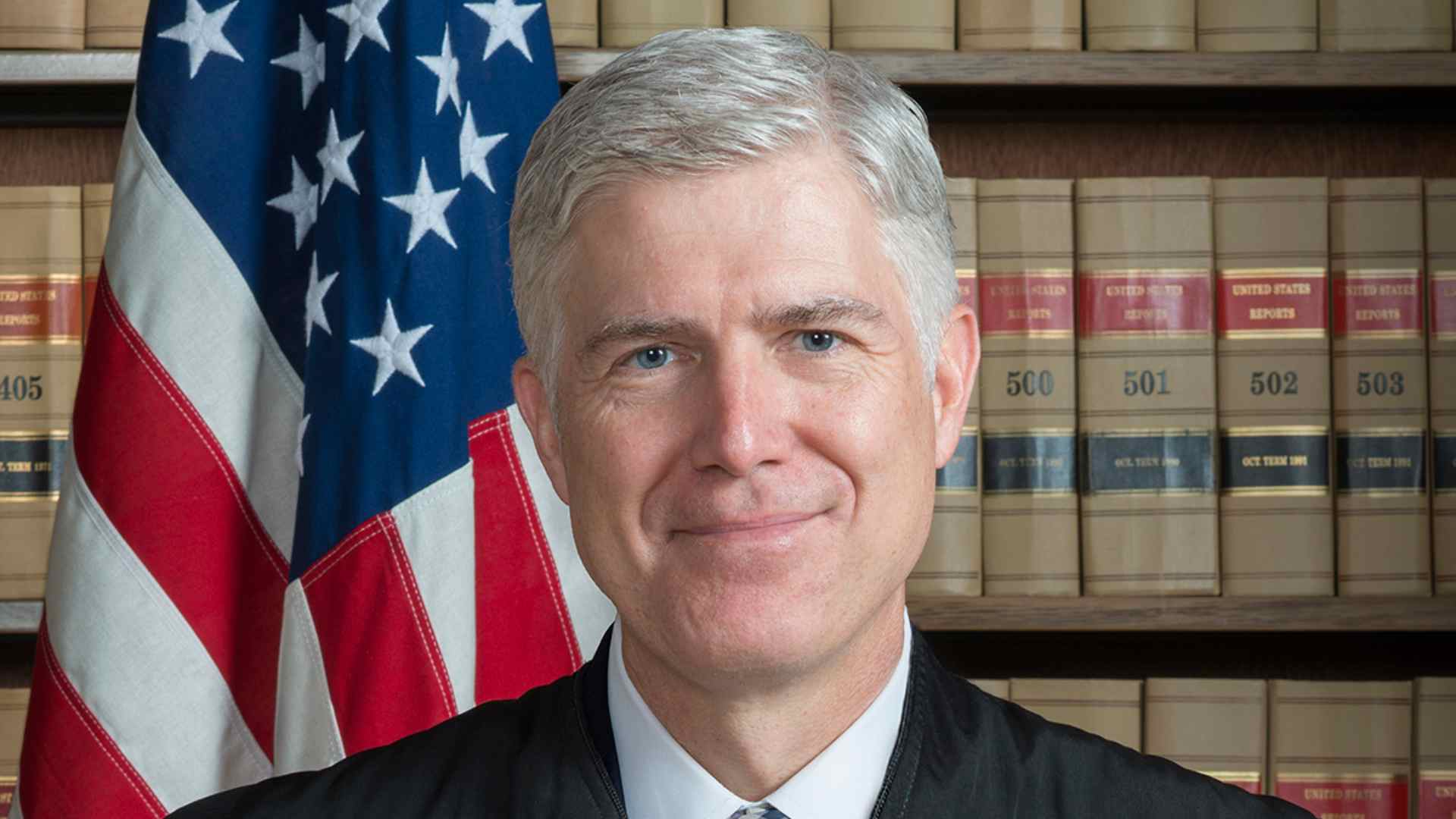
A 6-3 Supreme Court decision split among ideological lines in late June of this year found that Grants Pass, Oregon had the right to ban people from sleeping and camping in public areas. In the majority opinion, Justice Gorsuch wrote that courts don’t have the right to stop these ordinances.
“The Constitution’s Eighth Amendment serves many important functions, but it does not authorize federal judges to wrest those rights and responsibilities from the American people and in their place dictate this Nation’s homelessness policy,” Gorsuch wrote.
Local Governments Took Notice

In the wake of the Supreme Court decision, local governments began rolling out an implementation of more restrictive homelessness and camping policies.
On Monday, Des Moines, Iowa voted to move forward with a preliminary plan with stricter rules on campsites, allowing the city to remove them after only 24 hours’ notice.
Creating New Laws
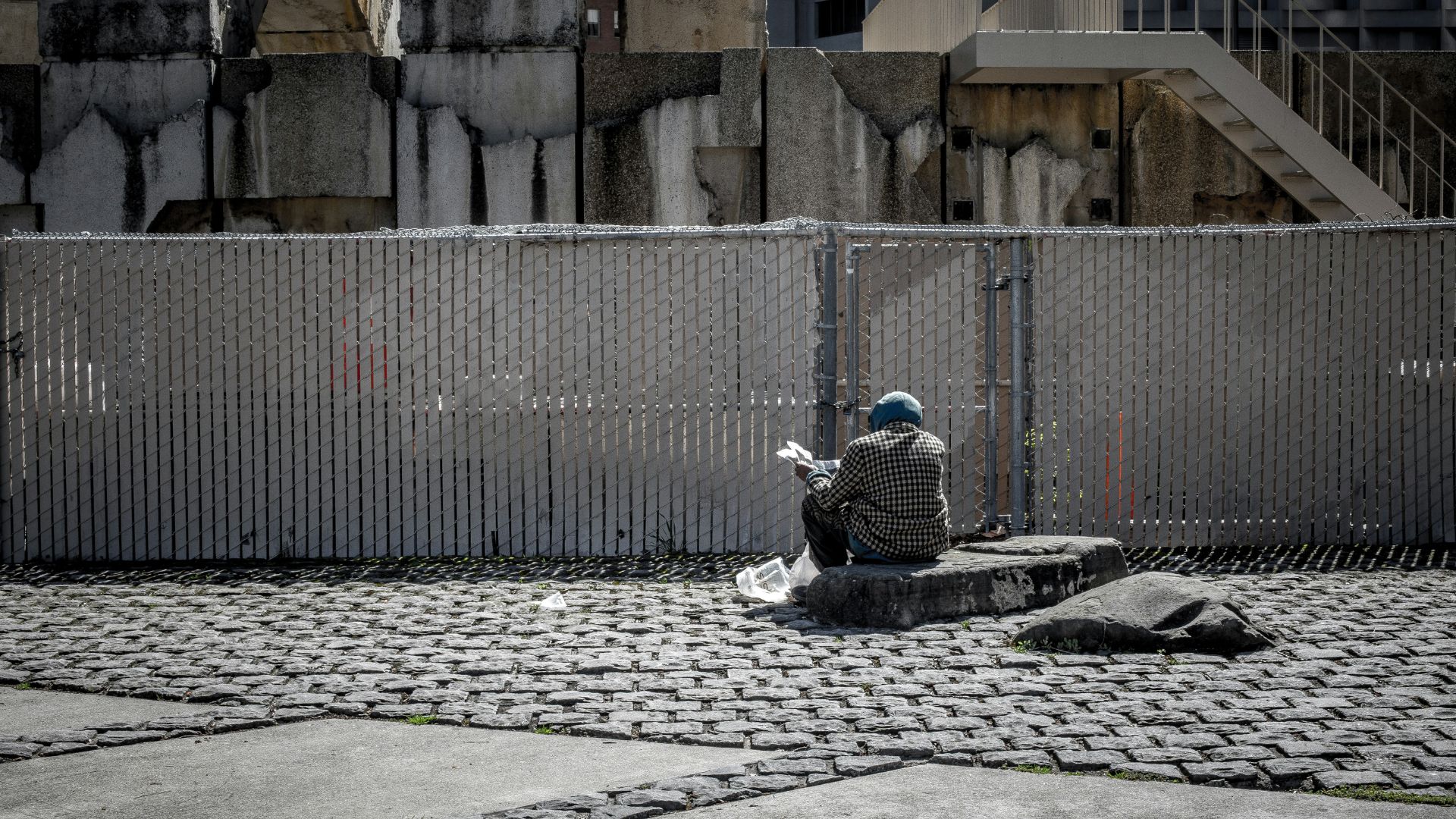
Some local governments are creating new laws with the extra permission given by the recent Supreme Court ruling.
The city of Lakewood, Washington has already become the first city to create new camping restrictions that are similar to the ones from Grants Pass, Oregon.
Lakewood Rules
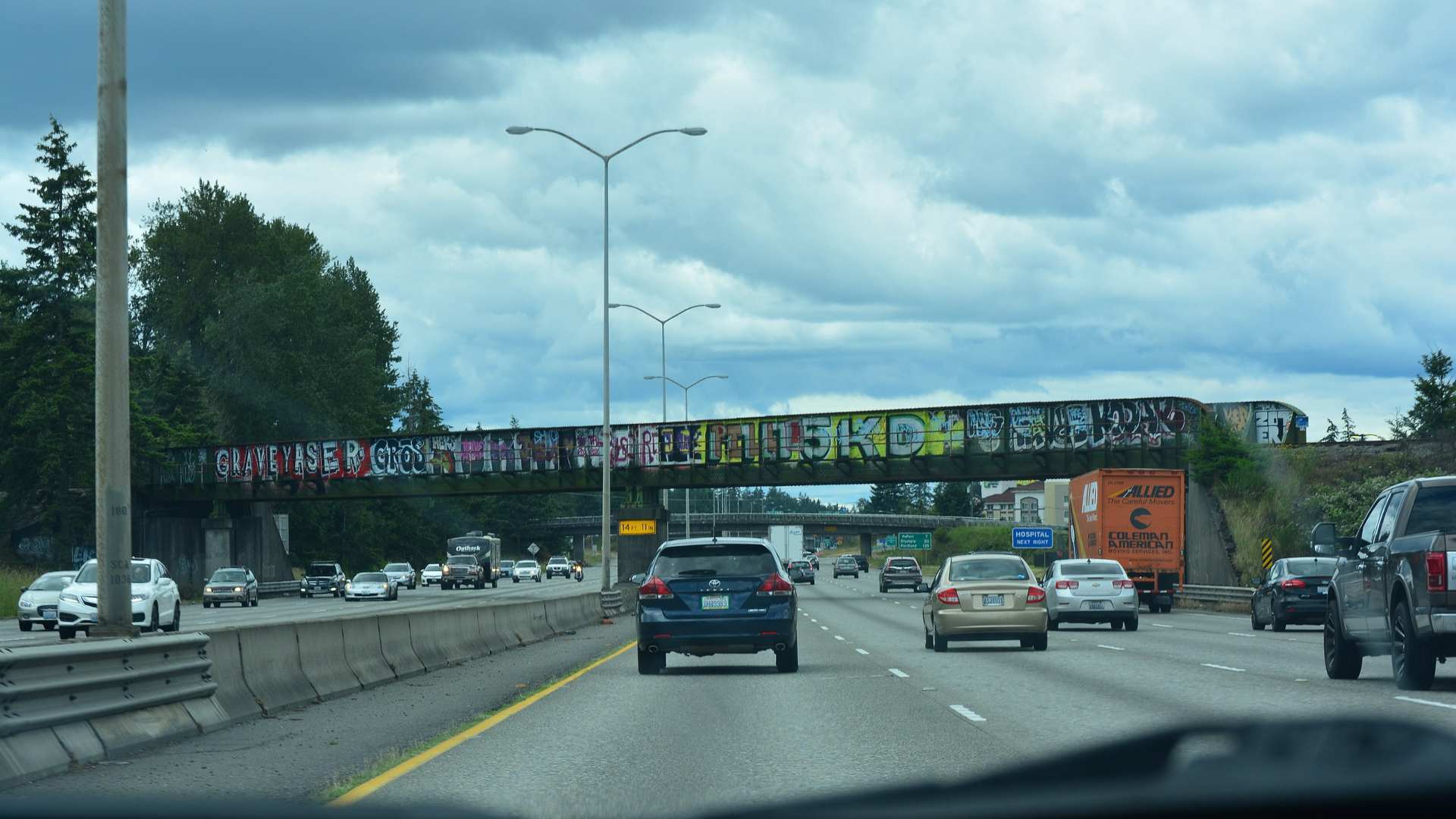
In the city of Lakewood, residents are prohibited from camping out in public spaces and all camps set up can be cleared after only a 24-hour warning.
Previously the city had a prohibition on camping in public park spaces, but this has been expanded to all public spaces. Violators of the new rules can be banned from public spaces for 30 days.
Refusing Help
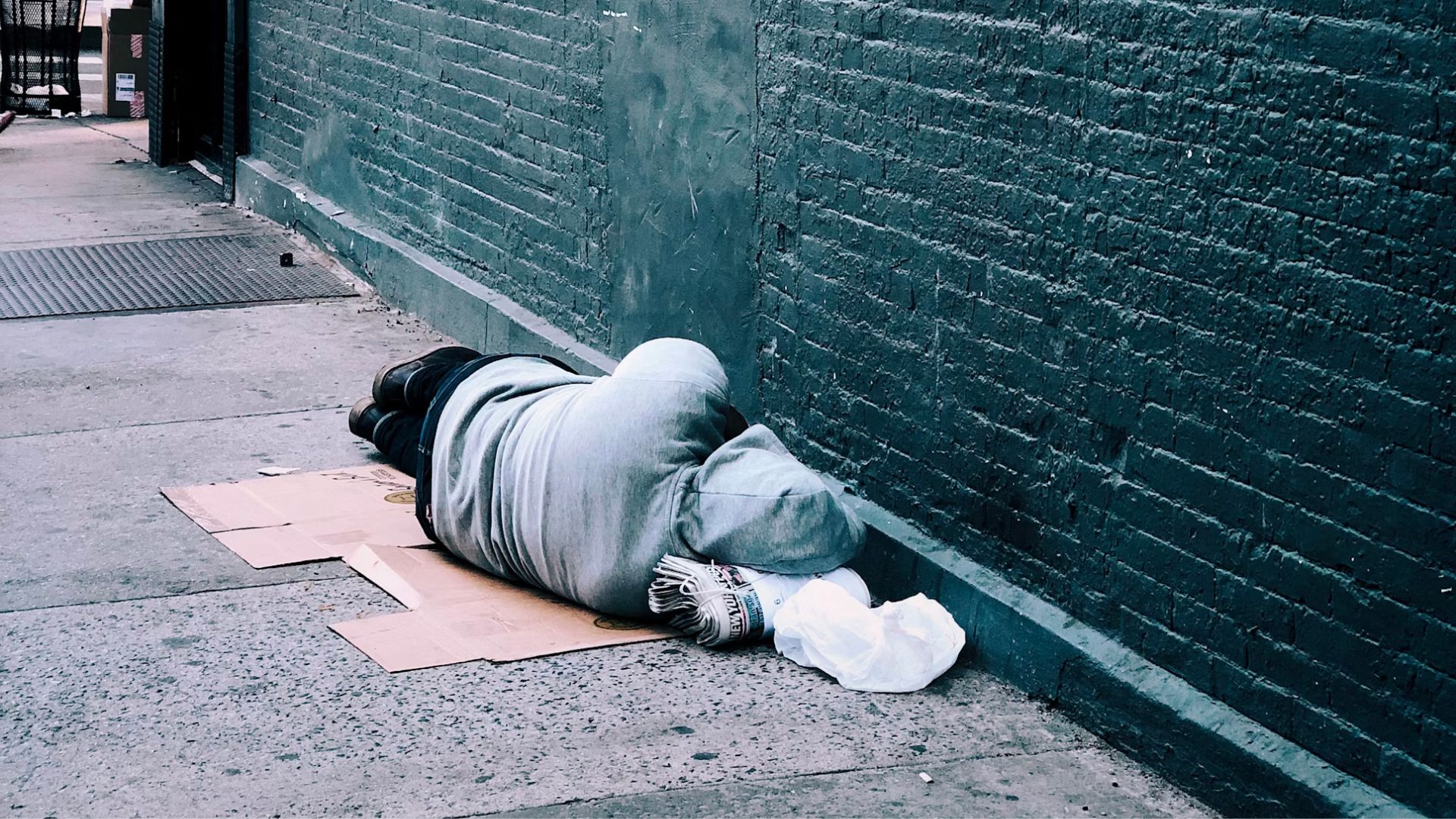
Lakewood City Councilor Ryan Pearson described the expanding ordinance to deal with homelessness as necessary to round out a strategy to deal with a difficult problem.
“This ordinance fills kind of the last void,” said Pearson, “We’ve gotten the people help who are willing to take help, we’ve done a number of different things. [Others] are refusing to take help.”
American Homelessness
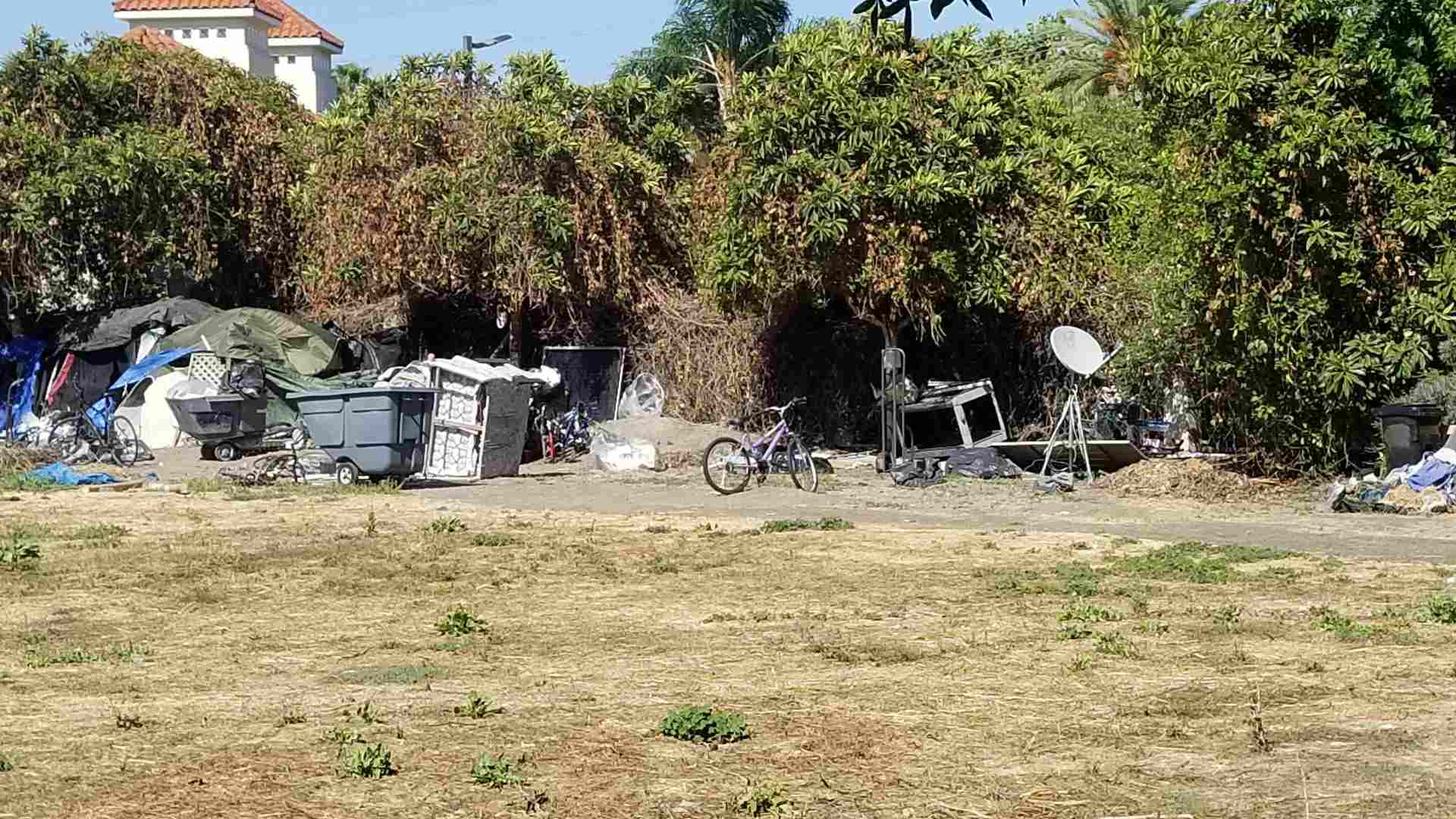
The issue of homelessness in America has become a more pressing one in recent years. Between 2022 and 2023, the number of homeless Americans increased by an astonishing 12 percent in one year.
This number was the largest increase in homeless Americans since the federal government started doing homeless counts in 2007.
Public Health Issue
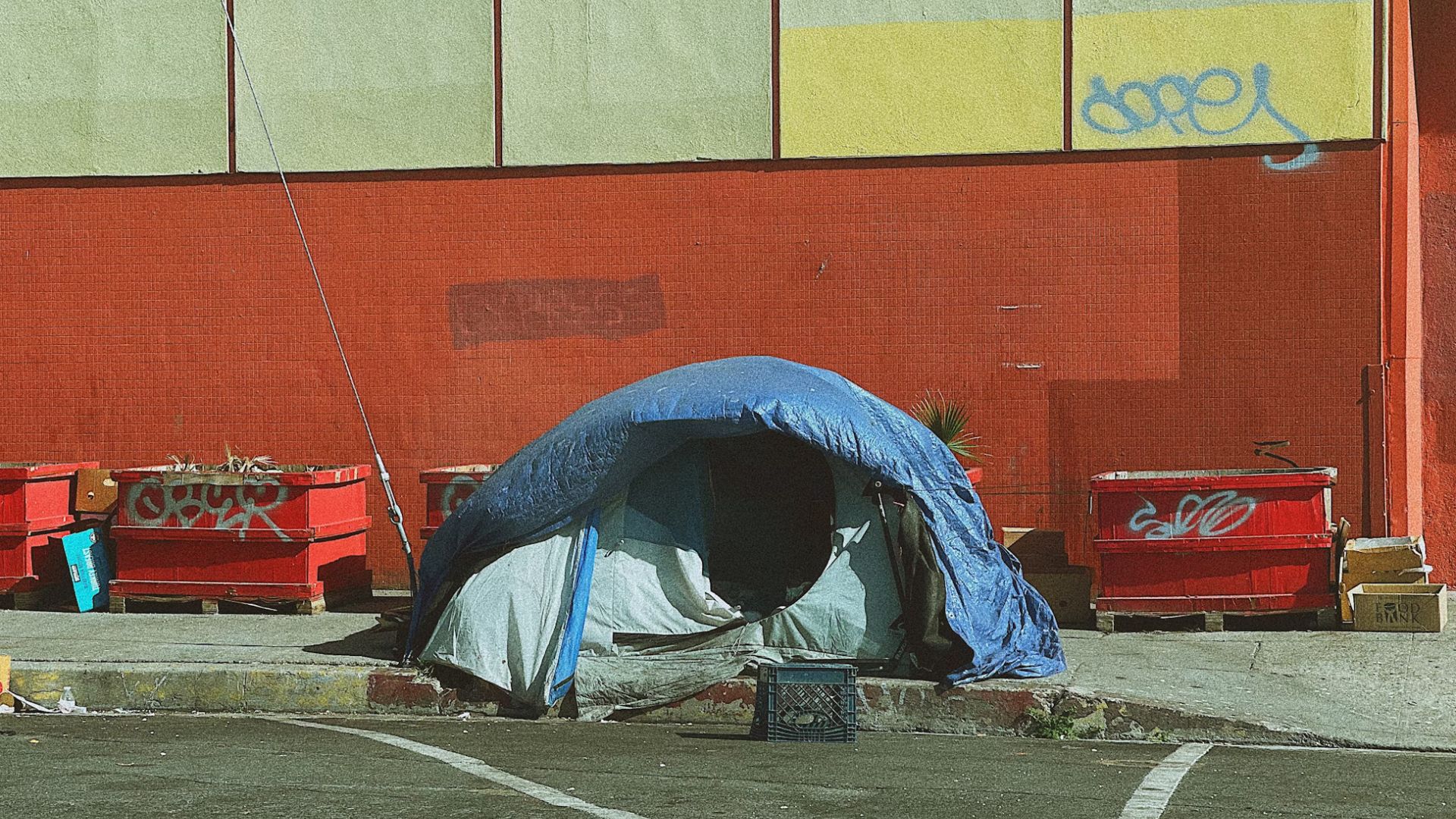
As the number of homeless people living in America has increased, it has led to a larger presence of people camping out in public areas.
Residents have been urging their governments for solutions because of the poor hygiene, accumulation of trash, and presence of drugs that these homeless camps bring to their communities and businesses.
Tough Situation

While governments are now more free to increase penalties for being homeless, the underlying issue of homelessness is not being solved. Some areas lack the shelter space or affordable housing to accommodate the increased homeless population, leaving unhoused residents with few options.
“What it seems like it is is it just makes things pretty,” said Pastor Samara Jenkins of Lakewood. “If we can just clear the areas and put folks where they’re not visible, that satisfies something, but it doesn’t take care of what the core issues are.”
